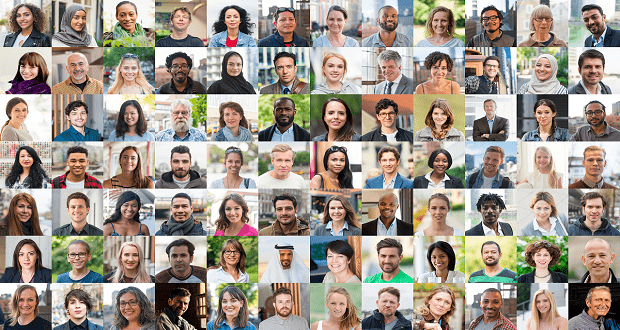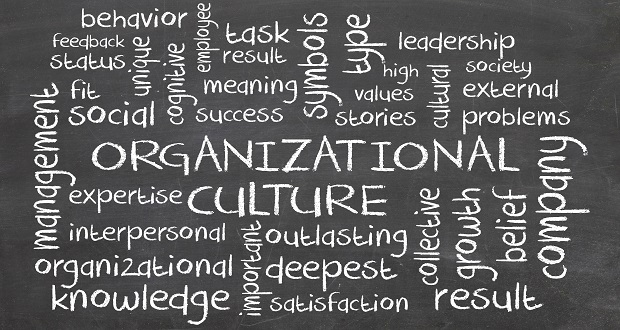
Social development is an important topic to evaluate when considering diversity, equity, and inclusion. The Collaborative for Academic, Social, and Emotional Learning (CASEL) defines social emotional learning (SEL) as, “the process through which children and adults understand and manage emotions, set and achieve positive goals, feel and show empathy for others, establish and maintain positive relationships, and make responsible decisions.” Because humans are social in nature, social emotional learning if done correctly can be a significant tool for navigating a complex society.
However, although some SEL programs either directly or indirectly address diversity and inclusion, many of these programs at best perpetuate identity blindness, and at worst rely on and reinforce the white supremacist idea of “grit” as an equalizer, rather than emphasizing that equity is an action that the privileged themselves must take. Identity blindness, including racial “color blindness,” harms marginalized and underrepresented groups by diminishing the very characteristics that are often central to their own sense of self. Similarly, centering “grit” and “resilience” in these programs inherently underestimates, and consciously seeks to downplay, the lived participants’ experiences of being marginalized and oppressed, instead putting the onus on them to “fix” themselves.
Although some SEL programs either directly or indirectly address D&I, many of these programs at best perpetuate identity blindness, and at worst rely on and reinforce the white supremacist idea of “grit” as an equalizer. Click To TweetIdentity blindness is when one claims to not see different forms of identity, like race, gender, or sexual orientation, instead arguing that they simply strive to treat everyone the same. Individually and as a society, we cannot judge someone or “see” others based primarily on race, gender, disability, and so forth... AND we also cannot overlook the injustices or experiences that different groups have faced and continue to face, otherwise we become complicit. It is crucial that SEL programs and curricula take this into account, teaching children how to effectively evaluate and regulate their emotions and social interactions while honoring the inequity and injustice that children from marginalized populations have experienced. As noted in the Institute of Education Sciences’ meta-analysis of SEL programs:
We also cannot overlook the injustices or experiences that different groups have faced and continue to face, otherwise we become complicit. Click To TweetTeachers and staff should understand that racial/ethnic minority students may behave in ways that are specific to their own social and cultural background and that these behaviors may not match the norm of the mainstream culture (Farahmand et al., 2011). When working with students from diverse backgrounds, it is important to know their backgrounds well enough to be able to judge whether they will find the values, beliefs, and skills in the SEL intervention to be useful. If students perceive the program as irrelevant, they are unlikely to benefit from the lessons (Merrell & Gueldner, 2010).
Indeed, as more individuals and groups are complementing social emotional learning with frank discussions of mental health and the conscious dismantling of the many stigmas associated with seeking therapy, teachers, staff, and administrators must be acutely aware of who the program is serving—that is, in order to be effective they must also be culturally responsive. When we think about mental health services, barriers such as costs, insurance, and time often come to mind. One major issue that many minority groups, especially communities of color, face is access to mental health providers or mental health resources that recognize and understand how various social and cultural forces negatively impact marginalized and underrepresented groups.
Teachers, staff, and administrators must be acutely aware of who the program is serving—that is, in order to be effective they must also be culturally responsive. Click To TweetA recent article in The Calgary Journal entitled, “Decolonizing mental health: The importance of an oppression-focused mental health system,” highlights how traditionally, mental health gatekeepers have determined how mental health should be addressed and who has a say regarding mental health, however, based on indigenous scholarship and activism, many communities of color are working to decolonize mental health. By decolonize, the mental health advocates featured in the article mean embracing research, knowledge, lived experience, and ways of knowing that counter, critique, or transcend many Western perspectives surrounding mental health, which typically are individualistic and medical in nature.
As DEI scholars and practitioners, we must remember to partner with and actively listen to marginalized and underrepresented groups as we navigate our work.



















